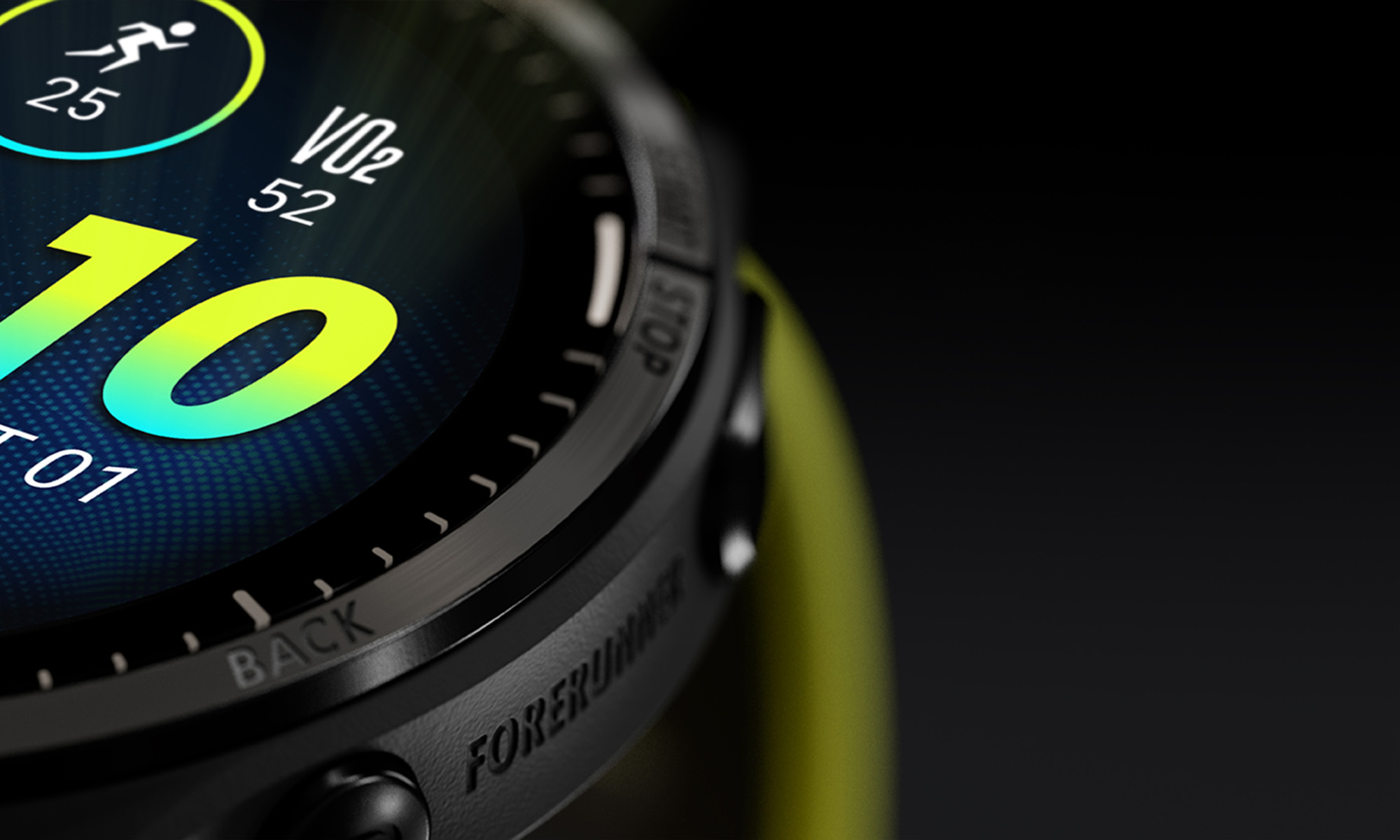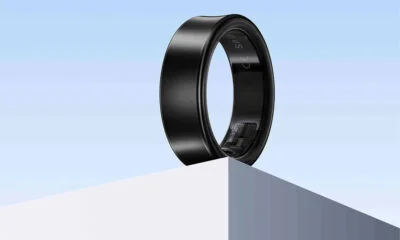News
Garmin Reveals First Running Watches With AMOLED Displays
The range-topping Forerunner 965 will cost $600 when released in late March, while the 265 model launches today for $450.

Garmin has unveiled two new GPS smartwatches with AMOLED displays: the Forerunner 965 and 265 series. The timepieces are labeled as dedicated running watches and provide “advanced training metrics” for athletes, heart-rate variability (HRV), sleep quality, training load and more.
The high-end Forerunner 965 model comes with a 1.4-inch AMOLED display, a decent 31 hours of GPS-mode battery life and up to 23 days of use as a smartwatch. The flagship model of the series features additional performance stats over the cheaper 265, including training load ratio, stamina info and detailed climbing metrics (including gradient, distance and elevation).
The Forerunner 265 Series comes in two sizes (42mm and 46mm) and holds out for 24 hours in GPS mode or 15 days in smartwatch mode.
All of the watches in the series use Pulse Ox sensors, and offer “Body Battery” monitoring, sleep and stress stats, menstrual cycle and pregnancy tracking. As well as featuring adaptive training options and suggested workouts, the Garmin 965 and 265 both monitor v02 max and other important performance metrics.
Also Read: Best Music Streaming Services In The Middle East
The Forerunner 965 will cost $600 when it hits stores in “late March”, while the cheaper Forerunner 265 is available now for $450.
News
Rabbit Expands Hyperlocal Delivery Service In Saudi Arabia
The e-commerce startup is aiming to tap into the Kingdom’s underdeveloped e-grocery sector with a tech-first, locally rooted strategy.

Rabbit, an Egyptian-born hyperlocal e-commerce startup, is expanding into the Saudi Arabian market, setting its sights on delivering 20 million items across major cities by 2026.
The company, founded in 2021, is already operational in the Kingdom, with its regional headquarters now open in Riyadh and an established network of strategically located fulfillment centers — commonly known as “dark stores” — across the capital.
The timing is strategic: Saudi Arabia’s online grocery transactions currently sit at 1.3%, notably behind the UAE (5.3%) and the United States (4.8%). With the Kingdom’s food and grocery market estimated at $60 billion, even a modest increase in online adoption could create a multi-billion-dollar opportunity.
Rabbit also sees a clear alignment between its business goals and Saudi Arabia’s Vision 2030, which aims to boost retail sector innovation, support small and medium-sized enterprises, attract foreign investment, and develop a robust digital economy.
The company’s e-commerce model is based on speed and efficiency. Delivery of anything from groceries and snacks to cosmetics and household staples is promised in 20 minutes or less, facilitated by a tightly optimized logistics system — a crucial component in a sector where profit margins and delivery expectations are razor-thin.
Despite the challenges, Rabbit has already found its stride in Egypt. In just over three years, the app has been used by 1.4 million customers to deliver more than 40 million items. Revenue has surged, growing more than eightfold in the past two years alone.
Also Read: Top E-Commerce Websites In The Middle East In 2025
CEO and Co-Founder Ahmad Yousry commented: “We are delighted to announce Rabbit’s expansion into the Kingdom. We pride ourselves on being a hyperlocal company, bringing our bleeding-edge tech and experience to transform the grocery shopping experience for Saudi households, and delivering the best products – especially local favorites, in just 20 minutes”.
The company’s growth strategy avoids the pitfalls of over-reliance on aggressive discounting. Instead, Rabbit leans on operational efficiency, customer retention, and smart scaling. The approach is paying off, having already attracted major investment from the likes of Lorax Capital Partners, Global Ventures, Raed Ventures, and Beltone Venture Capital, alongside earlier investors such as Global Founders Capital, Goodwater Capital, and Hub71.
























